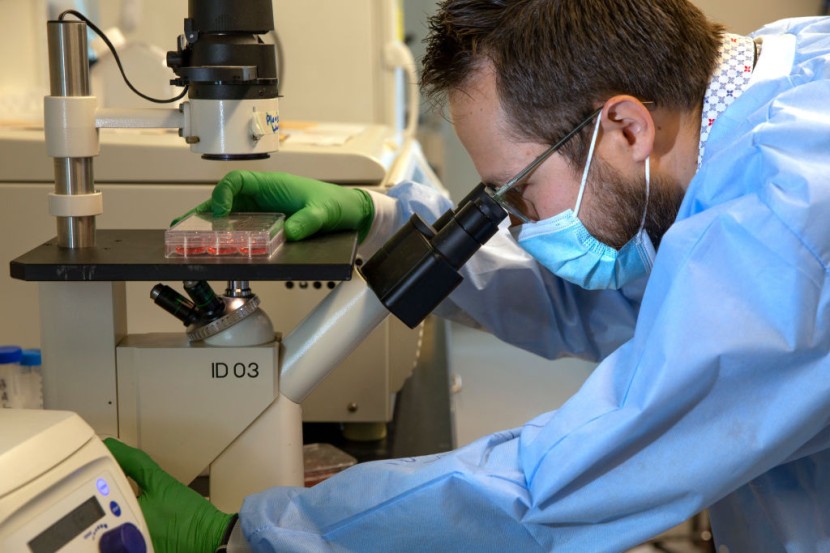
A fatal case of a rare disease was verified by the Centers for Disease Control and Prevention (CDC) in Georgia on Monday. According to the CDC, the Georgia case is connected to three other cases that afflicted both parents and children in Kansas, Minnesota, and Texas.
Two of the four individuals died although they had no recognized risks for the disease. Melioidosis, commonly known as Whitmore's disease, can harm both animals and humans. Burkholderia pseudomallei bacteria-infected soil or water is the most common cause.
The rare deadly tropical disease affected Americans without a history of travel
However, health experts are baffled by the fact that the disease, which is native to tropical and subtropical regions in Southeast Asia and northern Australia, is usually caught through travel. None of the four people who have lately been sick, on the other hand, have traveled internationally, as per Newsweek.
The CDC stated on Monday that an imported product, such as food or drink, personal care or cleaning goods, or medicine, or a component in one of those items, is the most likely source of illness. According to the CDC, the bacterial strains that infected each of the four individuals are almost identical, implying that the cases are linked.
The agency is now advising physicians to keep an eye for any acute bacterial infections that may not respond to standard medicines and to consider melioidosis as a diagnosis regardless of whether a patient has been outside of the United States.
Over 100 samples have been collected and examined from items, soil, and water in and near the patients' houses, but no samples have yet proven positive for the bacteria Burkholderia pseudomallei, which causes melioidosis, said the agency.
Some imported products such as food, drink, medication, personal care, or cleaning items were most likely the source of the illnesses. The melioidosis-causing bacteria can sometimes be discovered in contaminated wet or moist items rather than soil or water, CBS Atlanta reported.
Symptoms of Melioidosis
However, because symptoms take two to three weeks to develop, it's difficult to establish a single source of infection, according to the CDC. For the time being, the CDC is urging doctors to look for any acute bacterial infections that aren't responding to standard medicines and to evaluate melioidosis in children, patients without risk factors, and those who haven't gone outside the US.
Ingesting the bacteria or coming into touch with a skin break are also ways to become sick. Workers in clinical laboratories are also at risk of contracting an infection from aerosolized particles.
It is quite unusual for it to transmit from person to person. Localized pain or swelling, joint pain, high fever, headache, anorexia, respiratory distress, abdominal discomfort, cough, chest pain, and seizures are just a few of the rare tropical disease's symptoms.
The patients in the four related instances had a variety of symptoms, including cough and shortness of breath, as well as weakness, rash on the trunk, abdomen, and face, fatigue, nausea, vomiting, and intermittent fever. Melioidosis has a mortality rate of 10% to 50%, with those with diabetes, kidney disease, chronic lung disease, and heavy alcohol consumption is the most vulnerable.
If there is a delay in diagnosis, the dangers might increase even more. Many antibiotic therapies are ineffective against Pseudomallei. Delayed diagnosis and incorrect treatment may cause the infection to spread uncontrolled. It can be deadly in 90% of cases if it becomes systemic, as per Ars Technica.
Related Article: Fatal, Untreatable "Superbug" Spreads from Patients in Two Cities; CDC Warns Global Health Threat
@YouTube
© 2026 HNGN, All rights reserved. Do not reproduce without permission.








